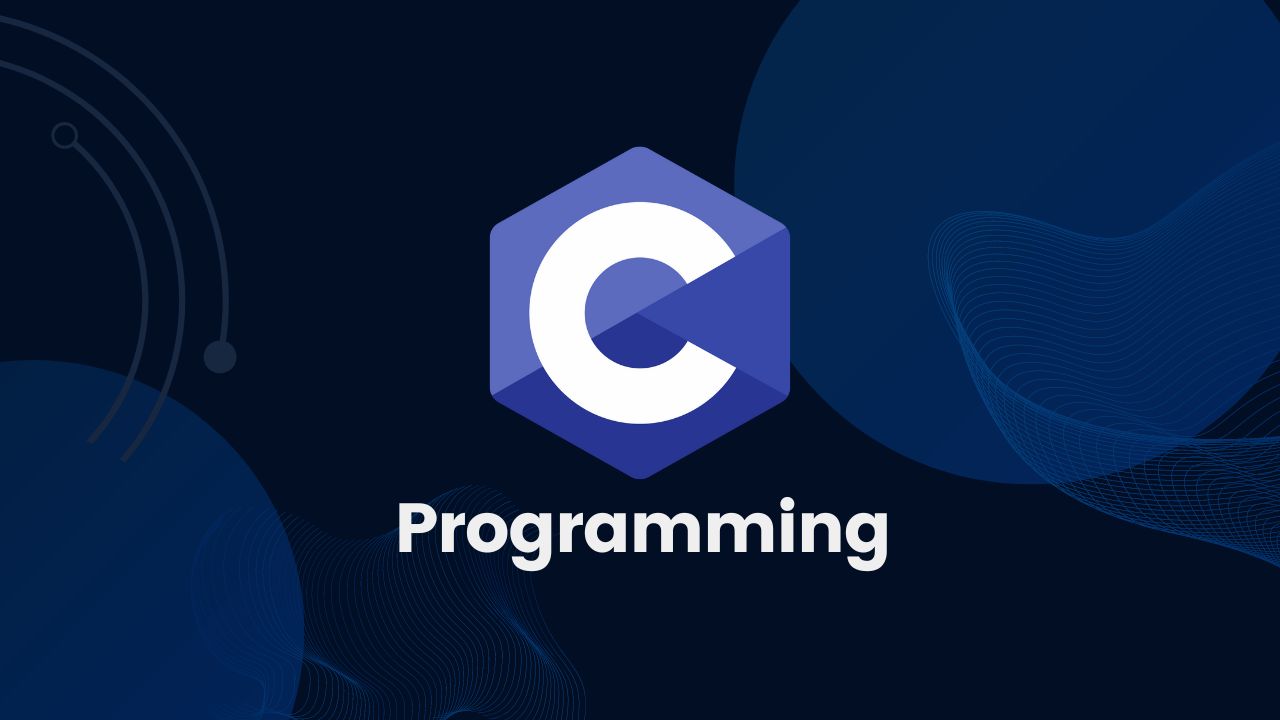
Introduction to C
C is a general-purpose programming language that has been the foundation of modern software development for decades. Originally developed in the 1970s, it remains widely used in operating systems, game development, embedded systems, and performance-critical applications. C is known for its speed, efficiency, and close interaction with hardware.
Whether you’re a beginner or an experienced programmer, learning C will help you understand fundamental programming concepts and prepare you for learning other languages.
"C is the foundation of modern computing. Understanding it will not only help you master programming but also give you deep insights into how computers work."
Why Learn C?
C is often called the "mother of all programming languages" because of its influence on other modern languages like C++, Java, and Python. Here’s why C remains an essential language to learn:
- Efficiency & Performance – C provides direct control over system resources, making it ideal for performance-intensive applications such as gaming, operating systems, and embedded devices.
- Portability – C programs are highly portable and can run on various platforms with minimal modifications.
- System-Level Programming – C is used for developing operating systems, compilers, and other system software.
- Foundation for Other Languages – Learning C makes it easier to understand and master languages like C++, Java, and Python.
- Strong Community & Legacy – C has a vast and active developer community with extensive resources and documentation.
Basic C Program
Let’s start with a simple "Hello, World!" program in C:
#include <stdio.h>
int main() {
printf("Hello, World!\n");
return 0;
}
Explanation:
#include <stdio.h>– This is a preprocessor directive that includes the standard input-output library.int main()– This is the main function where the execution of the program begins.printf("Hello, World!\n");– This prints "Hello, World!" to the console.return 0;– This indicates that the program has executed successfully.
Key Concepts in C
Understanding the following key concepts will help you become proficient in C programming:
- Data Types and Variables – C supports various data types like integers, floating-point numbers, and characters. Variables store and manipulate data efficiently.
- Control Structures – Loops (`for`, `while`, `do-while`) and conditional statements (`if-else`, `switch-case`) allow programmers to control program flow.
- Functions – C enables modular programming by using functions to break down complex tasks into manageable parts.
- Pointers and Memory Management – C provides powerful features like pointers and dynamic memory allocation, allowing efficient handling of data in memory.
- Arrays and Strings – Arrays store multiple values of the same type, and C provides built-in functions to handle string operations.
- Structures and Unions – C supports structures and unions for grouping related data under a single unit, useful for complex data management.
- File Handling – C allows reading from and writing to files, enabling data storage and retrieval.
Applications of C
C is widely used across multiple domains due to its versatility and efficiency:
- Operating Systems – Many operating systems, including Linux and Windows, are written in C.
- Embedded Systems – C is commonly used in microcontrollers, robotics, and firmware development.
- Game Development – C is used in game engines and graphics programming due to its performance capabilities.
- Networking – Network protocols and communication systems rely heavily on C.
- Database Systems – Popular databases like MySQL are built using C.
The Future of C
Despite the emergence of newer programming languages, C remains a core language in software development. Its influence is evident in modern languages, and industries continue to rely on it for system programming and high-performance applications.
By learning C, you build a strong foundation in programming, opening doors to various career opportunities in software development, embedded systems, cybersecurity, and more.

